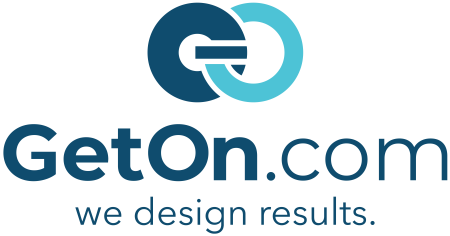How Much Are People Paying For Keywords?
As more companies are taking advantage of the ROI on cost per click advertising, the cost of buying keywords has increased. Advertising with Adwords is still an extremely cost-effective method of advertising compared to traditional print or broadcast ads. It makes sense to invest the time and a portion of the marketing budget towards a well-developed PPC campaign.
Google makes 97% of its income from pay-per-click advertising – earning an astounding $32.2 billion in revenue in 2016.
All those little clicks can add up to a whole bunch of profit, so just how much are people paying for keywords?
The Cost of Keywords
As digital marketing and SEO specialists, we like to stay on top of keyword trends. We wanted to see the most expensive keyword terms and compare them to what we see within the accounts we manage. While we were surprised at the sheer cost for some of the keyword clicks, we weren’t surprised by the industries generating the clicks.
According to data from SEO experts, SEMrush, based on data from over 80 million keywords the most expensive keywords come from the legal sector with CPC reaching an astounding $935.71 per click for the keyword term ‘best mesothelioma lawyer’. This highly competitive, niche term can yield a large return with the average mesothelioma settlement reaching an excess of $1 million.
Spending $1000 to gain $1 million seems like a good return on advertising investment. And a strong PPC campaign that directs visitors to a focussed landing page and turns leads to conversions is still a more cost-effective method of advertising than buying airtime on television or a full page advertisement in a newspaper.
Due to the high nature of return on possible settlements, keywords for the legal sector are the most expensive keywords on the market, followed by B2B, health, finance and tech.
On average, the cost-per-click ranges from $0.05 to $50, but as you can see from the following data, companies whose services cost more pay more per click.
LEGAL TERMS:
Best mesothelioma lawyer – $935.71
Dallas truck accident lawyer – $425.70
Truck accident lawyer houston – $411.04
WATER DAMAGE:
San diego water damage – $381.65
San diego flood restoration – $338.98
Water Damage gilbert – $267.18
B2B:
Business phone service providers in my area – $344.25
Business phone service in my area – $251.72
Business phone services – $251.13
HEALTH:
Addiction rehabilitation centers – $300.47
Drug & alcohol rehab – $260.84
New beginnings drug rehab – $226.37
These numbers give you an idea of just how much cost-per-click bids can be. These numbers are extremely high; most high-cost keyword bids range between $30 and $50 per click. On average large retail companies can spend up to $50 million per year on CPC, while the average business can spend between $9,000 and $10,000 each month.
The most expensive keywords are for niche groups who are willing to pay more per click because their customers are usually long-term customers or the product or service they are buying is of high value.
In the case of large retail companies, the cost per click is lower, but the volume of the click-through-rate is higher, which increases the annual budget.
Expensive Keyword Tips for Businesses
There are a few digital marketing best practices that will help you make the most of your CPC budget.
As you begin planning your cost-per-click campaign, keep the following tips in mind.
Quality Score:
- Google adjusts the cost-per-click bid price according to a few factors. One of those factors is quality score. Compiling your keywords into tightly segmented groups helps target a focussed search strategy.
- Your landing page or website should include the keywords used in your ad campaign to tell Google that visitors will find exactly what was offered in the ad. It should be fast-loading, aesthetically pleasing and include a strong call to action.
- Use negative keywords to eliminate locations, or closely related terms that do not apply to your ad. For example, let’s say you sell shoes but not sandals. Marking sandals as a negative keyword will make sure that no search queries for sandals will see your ad.
If you would like to discuss online marketing for your company, or would like to chat with a digital marketing agency nearby, give us a call. We’ll be happy to discuss how a CPC campaign can help your business generated targeted, trackable leads.







